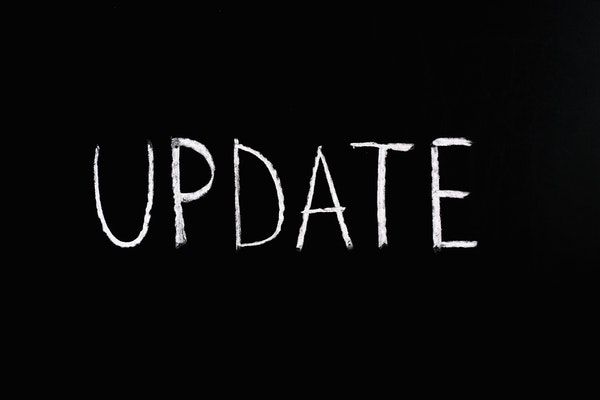Some consumers might see a boost in their credit score soon. There are some new credit report and credit score changes that will make things better and more accurate. Let’s learn more about this update and how it may affect you.
A Closer Look at Upcoming FICO Credit Score Changes
According to Consumer Reports, your credit score may be getting a pick-me-up this month! The focus of this change revolves around removing inaccurate and negative information. As a result of this information coming off the report, the credit score reacts positively to reflect those changes.
What kind of information is being pulled?
Due to some legal pressure from across the country, the three main credit bureaus have changed their policy. The credit score changes include limiting the use of the following when calculating scores:
- Tax liens
- Civil court judgements
- Overdue medical bills
- Unpaid parking tickets
Until now, the credit bureaus relied heavily on tax liens and court judgements to assess consumers’ risk. However, the collection of this data is often inaccurate and difficult for consumers to correct. Credit history and credit score can have a big impact on a person’s ability to qualify for a loan or even land a job. That is why they are removing these items and changing their evaluation standards.
10 Credit Score Myths
Now that the credit score changes are in place, let’s review this list of 10 Credit Score Myths.
- Income affects individuals’ credit scores. Low income does not damage credit. A person’s income only affects credit scores if it affects a consumer’s ability to pay bills. Income is not an item on credit reports. Also, it is not a deciding factor of your credit score.
- People with a bad credit score can never get a loan. Many companies are willing to give loans even to people with bad credit. Unfortunately, the loans will have higher interest rates than those with good credit.
- If one spouse has good credit the other doesn’t matter. Creditors consider the credit reports of both individuals when a couple applies for any form of credit. As a result of one bad credit score, you may face higher interest rates or rejections.
- Closing credit cards will improve credit score. Closing a credit card you don’t use will not necessarily improve your score. It is possible that closing that credit card will lower your score. A credit card closure means that you have lesser total credit. This causes your credit utilization to go up.
- Race, religion and other demographic considerations can affect credit scores. Credit reports do not contain any information about race, national origin, profession, disabilities or religion. Credit reports also do not mention how much is in a person’s bank account or retirement account.
- Paying off debt erases the evidence of poor credit. Paying off your consumer debt does not automatically erase the record from a credit report. Evidence of debt can stay on the credit report for years. Negative information can remain on a credit report for up to seven years. Bankruptcies stay on the report for up to 10 years.
- Late bills always affect credit scores. It is likely a late bill will not always affect your credit score. More often than not creditors do not report late payments to the bureau if they are paid in less than 30 days late.
- Having several credit cards affects your score. The number of cards is not a factor of credit score. Although it does not directly affect the credit score, having multiple credit cards lowers credit utilization by increasing the available limit.
- You can avoid the risk of credit by paying cash. It is not possible for a person using only cash or debit cards to build credit. The only way to build credit is to establish a solid payment history. The first step is to open a credit account. In order to fully establish a credit history and scores, the user must show responsible credit usage.
- Credit reports and scores from all three bureaus are the same. More often than not, credit reports and scores from the three credit bureaus are different. Lenders do not always report all accounts to all credit bureaus. Also, the creditors do not always update the credit reports at the exact same time. The credit score formulas are slightly different depending on the system they use.
Credit scores link to almost every finance decision in your life. Understanding these credit score myths is crucial to setting the record straight. Even with these recent credit score changes, you still need to make the right financial choices to maintain good credit.
If you’re struggling to pay off debt, ACCC can help. Schedule a free credit counseling session with us today.






